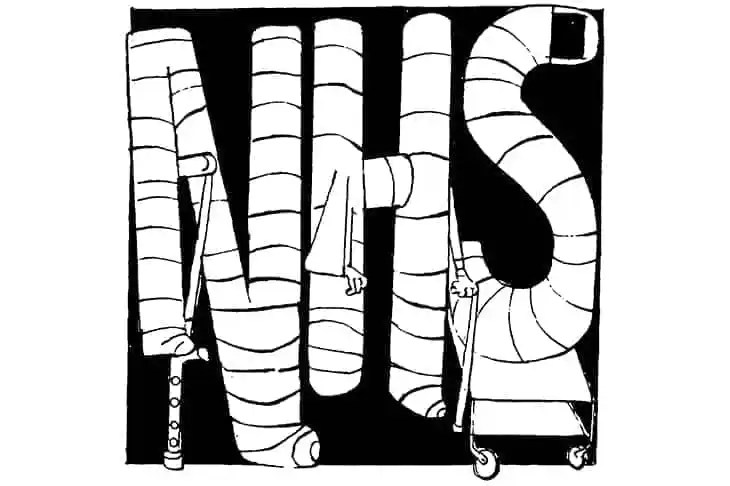Today and tomorrow’s strike by NHS consultants underlines how industrial action has become the preserve of the well-paid. The consultants appealing for public sympathy were, according to NHS figures, paid a mean basic salary of more than £97,000 in the year to March. On top of this they received mean overtime and bonus payments of close to £30,000, bringing their total mean earnings to more than £127,000. Yet not all of these were working full-time. The mean basic salary for full-time staff was more than £105,000. And of course, on top of this they have been offered a pay rise of 6 per cent – which they have rejected.
The BMA continues to demand a salary increase of 35 per cent, which it says is necessary to restore real earnings to the levels of 2010. It arrives at this figure using the Retail Prices Index (RPI) which has long been abandoned by the government – on top of which it adds a few percentage points for a loss of income due to pension changes and tax rises. But it’s taxes which pay consultants’ salaries. So, presumably the BMA is happy for the rest of us to be taxed more to pay higher NHS salaries – but wants doctors to be compensated for those same tax rises.
Consultants may feel aggrieved, but their experience is common across many groups of workers
If workers want real-term salary increases over the long-term the only way to achieve them (at least across the economy as a whole) is to increase productivity. The Office of National Statistics records that in 2021 productivity in healthcare was 91 per cent of what it had been in 1996-97. Regardless of the pandemic (when money poured into the NHS without a corresponding rise in output), the same figures show that productivity has stalled even before the pandemic, rising little between 2012-13, when it was 19 per cent higher than in 1996-97, and 2019-20.
This is in line with other public services and indeed the UK economy as a whole – over the past decade, for whatever reason, we have become plagued by stagnant productivity. For as long as that persists, it’s difficult for the earnings of any group of workers to keep pace with inflation. Consultants may feel aggrieved, but their experience is common across many groups of workers, many of whom earn a fraction of what consultants do – and in the case of many have suffered decreasing job security on top. However much the public felt moved to clap NHS workers during the pandemic, consultants may find it a struggle to maintain public support if they continue to strike.







Comments